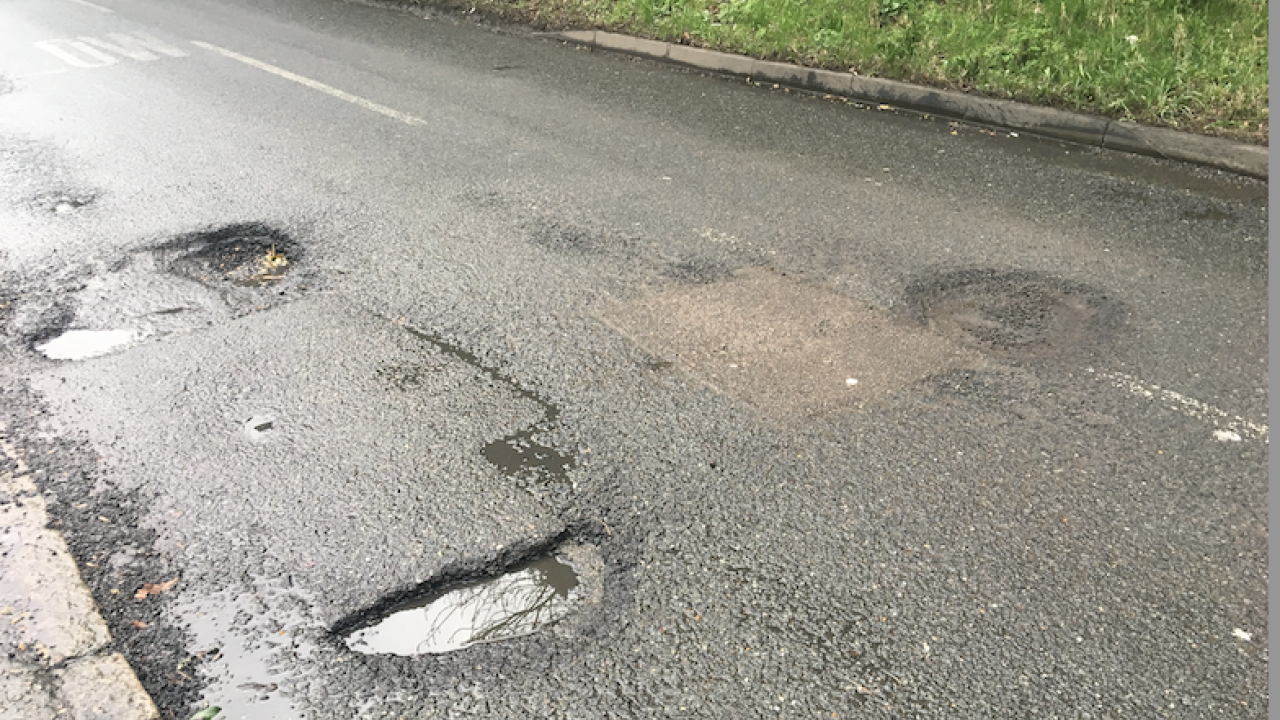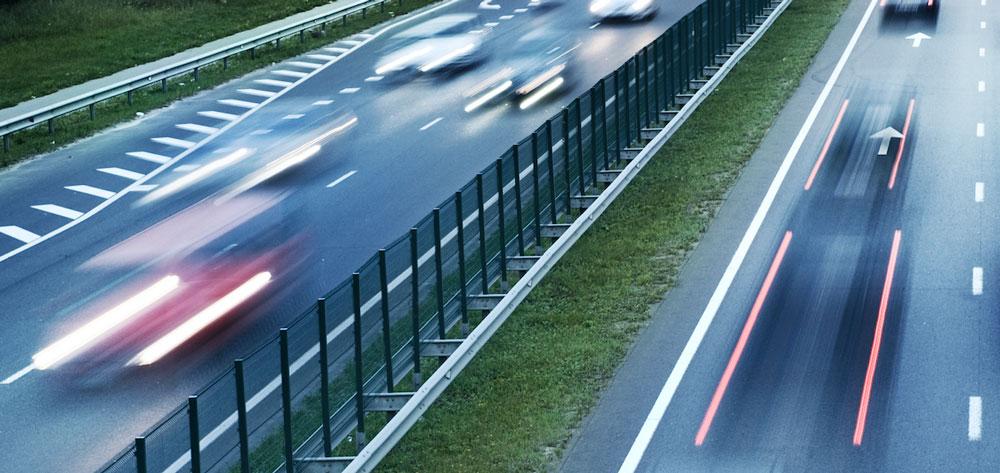A survey for the RAC has revealed that drivers' despair at the state of local roads has reached the highest level ever.
Fifty six per cent of drivers surveyed for the RAC Report on Motoring say the condition and maintenance of roads for which councils are responsible was one of their top motoring concerns, up seven percentage points compared to 2023 (49 per cent).
The state of local roads is now 21 percentage points ahead of the second biggest concern which is the cost of insuring a vehicle and 24 percentage points higher than the third biggest issue, the cost of fuel.
Almost three-quarters (73 per cent) of drivers say the condition of the local roads they use regularly is poorer than a year ago, compared to 67 per cent last year and just 49 per cent who said the same thing in 2019.
Twenty seven per cent of drivers say their vehicle has suffered damage as a result of potholes in the last 12 months, a figure which rises to 32 per cent among those who live in rural areas.
The most common problem is punctures, followed by wheel damage and broken suspension springs.
The RAC has written to both the new Secretary of State for Transport and Minister for the Future of Roads outlining the gravity of the issue and calling for urgent clarification of the funding councils will receive for road maintenance.
RAC head of policy Simon Williams said: “These new figures are a damning condemnation of the commitments made by previous governments to fix Britain’s perpetual pothole plague. It’s as clear as day that councils simply haven’t had the financial support they need to bring the standard of the roads in their care up to a reasonable standard.
“Whatever promises about road maintenance funding that have been made in the past – whether that’s through things like the Pothole Action Fund or so-called ‘Challenge’ funds, where councils were asked to bid for extra cash – haven’t delivered. And it’s all road users, including drivers, bus users, and those on two wheels, who are continuing to pay the price. At best, journeys are made downright uncomfortable as a result of potholes, while at worst they cause expensive damage or even represent a danger to life and limb.
“It is absolutely remarkable that, on average, drivers we surveyed are far more concerned about the state of their local roads this year than they are about either the cost of motor insurance – which has been rocketing in recent years – or the cost of fuel which is still at an uncomfortably high level. If this doesn’t underline the seriousness of the situation we now find ourselves in, we’re not sure what does.
“The new government simply must do something differently. Without a promise of far more funds for councils – something we will push hard for ahead of the autumn Budget – its options are extremely limited. Put bluntly, the less we spend as a nation on our roads now, the more it will cost us in the future.
"That’s the pattern we’ve been in for years now, as is clearly shown by data from ourselves and from many other parts of the industry. So, the ultimate question is this – in terms of the inevitable costs we’ll face in the future, can we really afford not to fix our dilapidated roads?"
Cllr Claire Holland, transport spokesperson for the Local Government Association, said: “Limited resources and a £16.3 billion local roads repair backlog means councils have had to prioritise road repairs according to local circumstances.
“Inflation and ongoing pressures from other council services mean that money for fixing potholes is constrained.
“Many factors affect repair rates, such as the road profile, traffic levels and available budgets.
“The new government should commit to maintain the previous administration’s spending plans for local highways maintenance, alongside the need for long-term funding certainty, to help better support resurfacing schemes and prevent potholes in the first place.”






